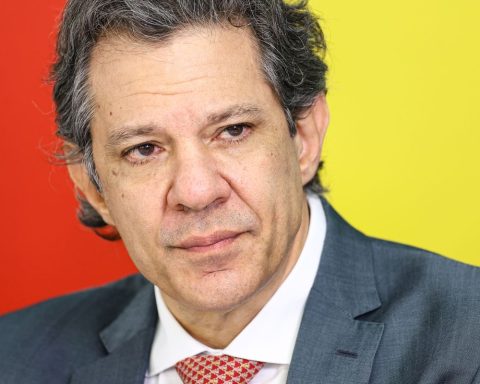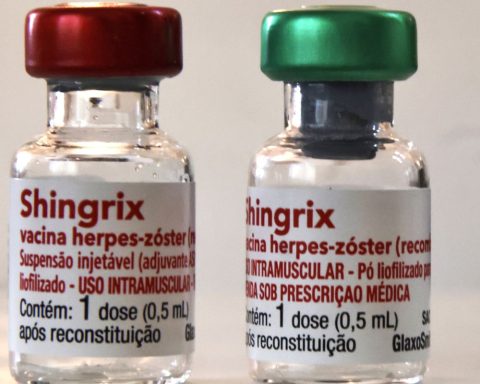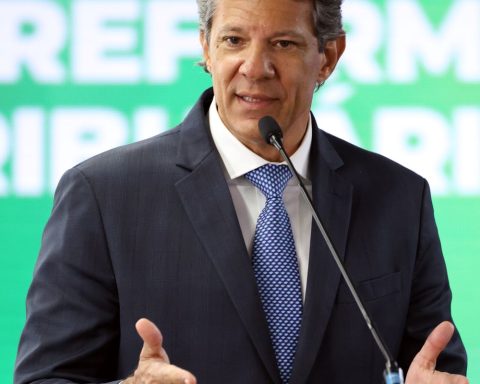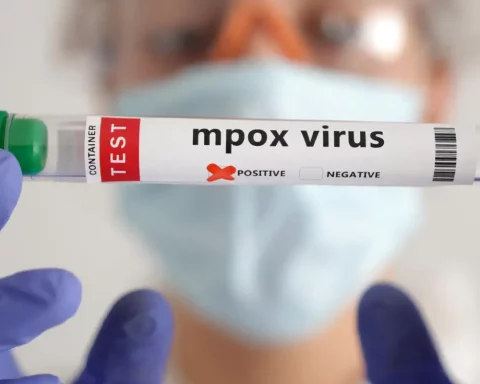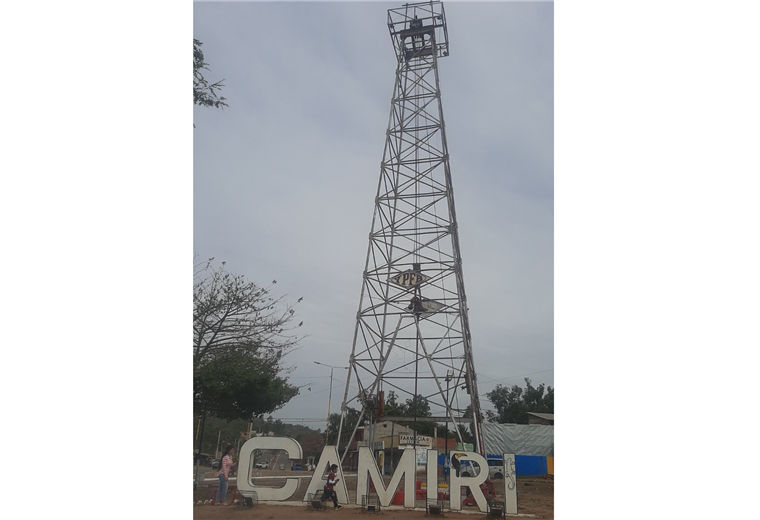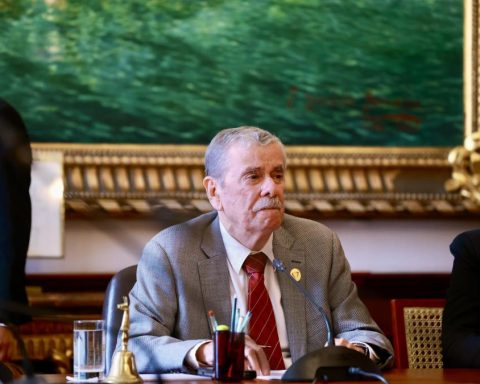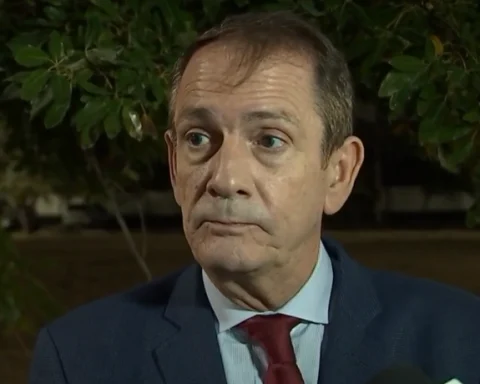The Public Ministry of Labor in Rio de Janeiro (MPT-RJ) heard, this Monday (11), five of the 23 Paraguayans rescued from a clandestine cigarette factory in Campos Elísios, in Baixada Fluminense, who were living in a situation similar to slavery.
The workers were found during an operation launched on Friday (8) by the General Department for Combating Corruption, Organized Crime and Money Laundering, together with the Delegated Services Defense Department and the Special Resources Coordination of the Secretariat. State Civil Police and labor inspectors from the Regional Labor Superintendence in Rio de Janeiro. In addition to the Paraguayans, there was a Brazilian in the same situation.
The date for the return of the 23 workers to Paraguay will only be defined after the completion of the statements given to the Brazilian authorities. The deputy consul of Paraguay in Rio, Lourdes Britez, followed the testimonies today at the headquarters of the Public Ministry of Labor, in downtown Rio. According to the MPT-RJ, each testimony lasted about an hour and 15 minutes.
The Public Ministry of Labor reported that it was called on Friday by the General Department for Combating Corruption, Organized Crime and Money Laundering to follow up on the case of the 24 workers rescued in a situation similar to slavery.
According to the MPT-RJ, the men were recruited in Paraguay under the false promise of working in dignified conditions and a salary of R$3,000 per month. “During the trip, carried out by bus, the workers had their cell phones confiscated by the gang, alleging that the city of Rio de Janeiro is very dangerous and that the work was secret, and they were taken to the workplace with their eyes blindfolded.”
Investigations indicate that the group worked for three months from Sunday to Sunday, in two 12-hour shifts, with a 20-minute break. “During this period, they received only R$ 500 in payment, were prohibited from leaving the place and had no contact with their families. They slept in a room without ventilation, on the second floor of the factory”, also informed the MPT-RJ, which considered the environmental conditions of the workplace dangerous, with exposed wires and machinery with technical problems.
The MPT-RJ is convinced that the working condition was degrading, there was an exhausting journey, restriction of freedom to come and go and forced labor, characterizing work analogous to slavery. “The rescued were immediately assisted by the Integrated Action Project and allocated to a hotel, funded with resources from public civil actions filed by the MPT-RJ”, he added.
According to the MPT, if the employer is not identified, prosecutors will seek payment of labor funds and compensation to workers through the sale of machinery found at the factory. The Secretary of State for the Civil Police reported that all the equipment that was in the factory had already been taken from there to the City of Police, in the north of Rio, which has specialized police stations.
In addition to the MPT-RJ, the issue of work analogous to slavery is being investigated, through an inquiry, by the Federal Police, which clarified “not to comment on ongoing investigations”.
The workers will return to Paraguay by plane, and the tickets will be paid for by the Paraguayan consulate in Rio de Janeiro. One of the 23 Paraguayans has a warrant for his arrest for drug trafficking issued by the then judge Sérgio Moro and will not be able to leave Brazil.

